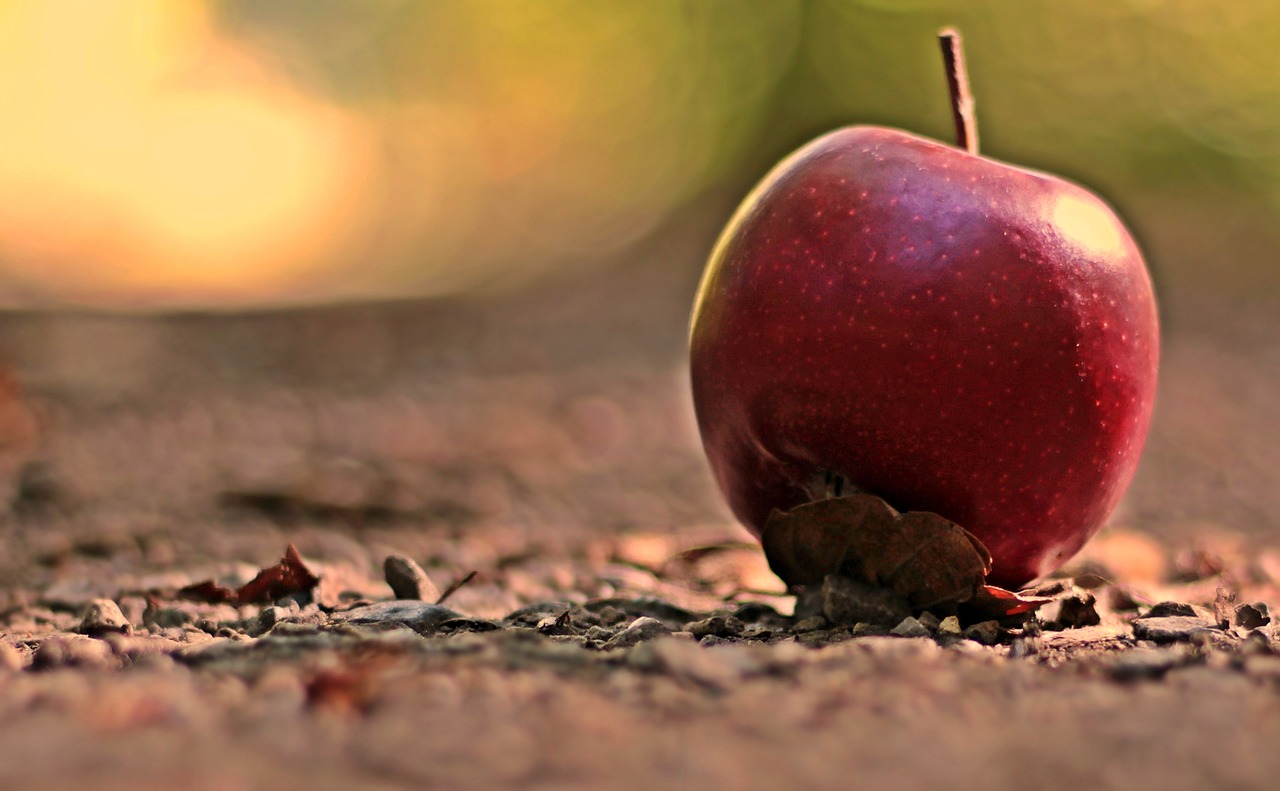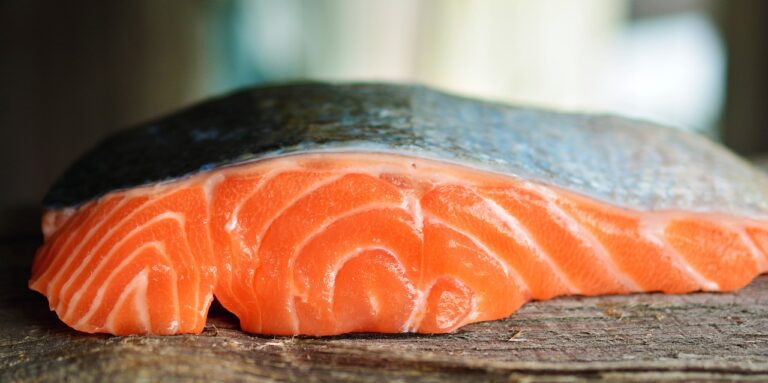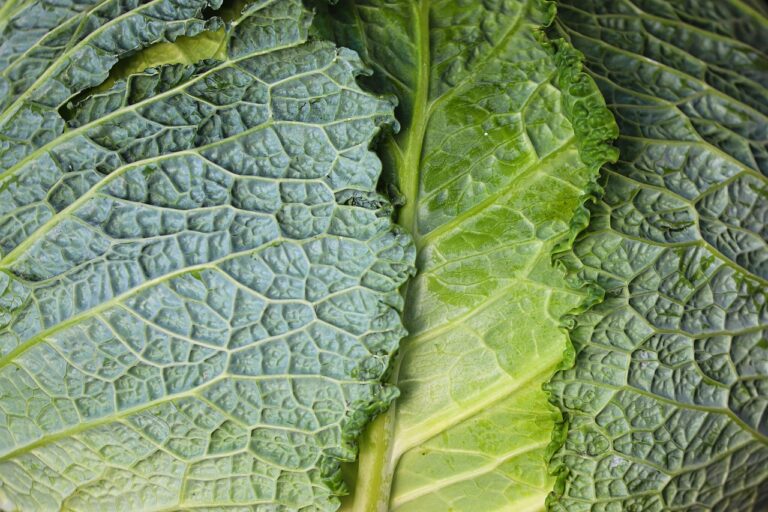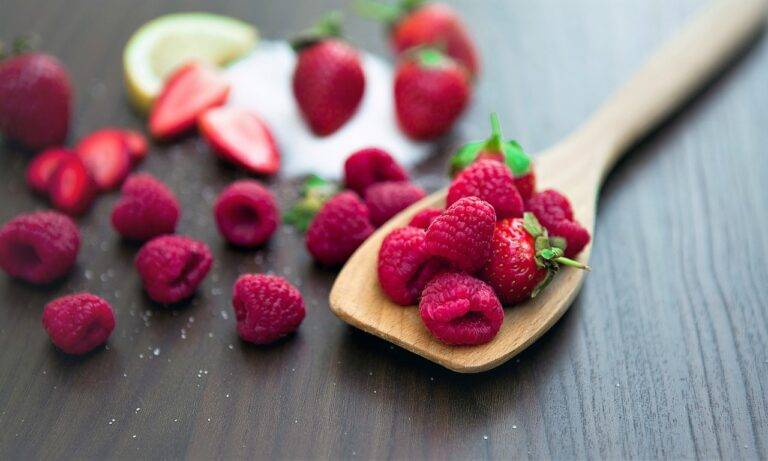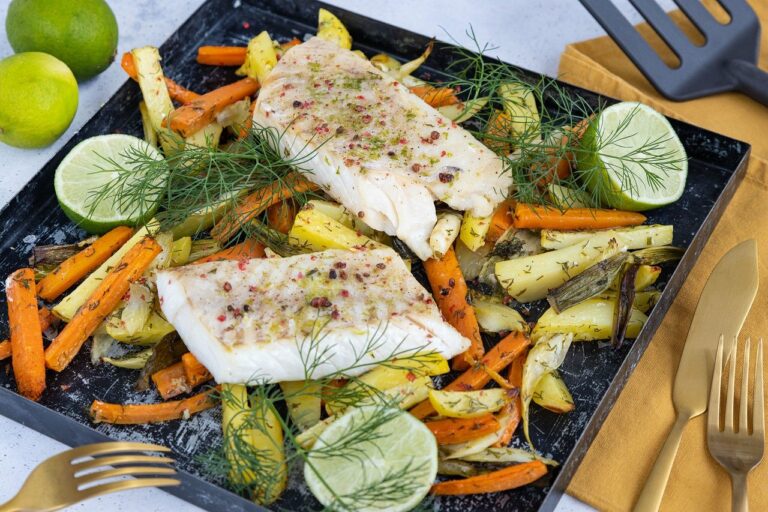Dairy Processing: Exploring Opportunities in Biodynamic Farming Practices
11xplay online id, india 24 bet login, sky fair vip:Dairy processing is a crucial aspect of the agricultural industry, providing us with a wide range of dairy products such as milk, cheese, yogurt, and more. With the increasing awareness of sustainability and environmental issues, there has been a growing interest in exploring opportunities in biodynamic farming practices when it comes to dairy processing.
Biodynamic farming is a holistic approach to agriculture that focuses on creating a self-sustaining ecosystem while promoting biodiversity. It goes beyond organic farming by incorporating methods such as crop rotation, composting, and the use of natural preparations to enhance soil fertility and overall plant health.
In the context of dairy processing, adopting biodynamic practices can lead to a more sustainable and eco-friendly approach to producing dairy products. By focusing on the health of the soil and the well-being of the animals, biodynamic farming can result in higher quality milk and dairy products that are free from harmful chemicals and pesticides.
One of the key principles of biodynamic farming is the concept of “closed-loop” systems, where waste products are recycled back into the farm as nutrients. This can be particularly beneficial in dairy processing, where the by-products of milk production, such as whey and manure, can be utilized as fertilizers or feed for other animals on the farm.
Furthermore, biodynamic farming places a strong emphasis on animal welfare, ensuring that dairy cows are raised in a natural and humane environment. This not only leads to better quality milk but also aligns with the growing consumer demand for ethically produced dairy products.
Incorporating biodynamic practices into dairy processing can also have positive effects on the environment. By reducing the use of synthetic fertilizers and pesticides, biodynamic farms help to protect the soil, water, and air from harmful chemicals. Additionally, promoting biodiversity on the farm can help to create a more resilient ecosystem that is better able to withstand environmental challenges such as climate change.
Overall, exploring opportunities in biodynamic farming practices for dairy processing can lead to a more sustainable, ethical, and environmentally friendly approach to producing dairy products. By adopting these principles, dairy processors can not only meet the demands of conscious consumers but also contribute to the health and well-being of the planet.
—
Heading 1: The Benefits of Biodynamic Farming in Dairy Processing
Heading 2: Enhanced Soil Health and Fertility
Heading 3: Higher Quality Dairy Products
Heading 4: Closed-Loop Systems for Waste Management
Heading 5: Ethical Animal Welfare Practices
Heading 6: Environmental Sustainability
In conclusion, biodynamic farming practices offer a wealth of opportunities for dairy processing that go beyond traditional farming methods. By focusing on sustainability, animal welfare, and environmental conservation, biodynamic farms can create a more holistic approach to dairy production that benefits both consumers and the planet.
FAQs
Q: What is biodynamic farming?
A: Biodynamic farming is a holistic approach to agriculture that focuses on creating a self-sustaining ecosystem while promoting biodiversity.
Q: How does biodynamic farming differ from organic farming?
A: Biodynamic farming goes beyond organic farming by incorporating methods such as crop rotation, composting, and the use of natural preparations to enhance soil fertility and overall plant health.
Q: What are the benefits of biodynamic farming in dairy processing?
A: Biodynamic farming can lead to enhanced soil health, higher quality dairy products, closed-loop systems for waste management, ethical animal welfare practices, and environmental sustainability.

